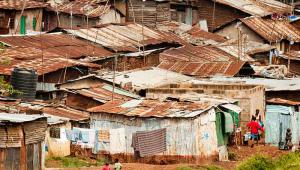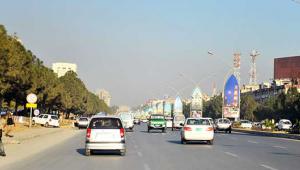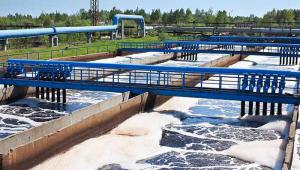Unbreakable: Building the Resilience of the Poor in the Face of Natural Disasters, published last week, warns that the human and economic cost of global disasters is underestimated by around 60%.
The joint report from the Global Facility for Disaster Reduction and Recovery and the World Bank estimates that natural disasters force 26 million people into poverty and cost $520bn in losses every year.
Traditional analyses of disaster impact tend to measure the value of damages inflicted on buildings, infrastructure, equipment and agricultural production. However, a $1 loss has a greater impact on a poor person than it would a rich person – in other words, the severity of asset loss depends on who experiences it.
The new study argues that population wellbeing is a more accurate metric than asset worth in terms of assessing the impact of natural disasters among the poor.
It uses a method of measuring disaster damages that factors in the unequal burden on the poor, who are typically more exposed to natural hazards. They normally lose more as a share of their wealth in the wake of disasters, and are unable to draw on support from family, government or financial systems.
For example, Myanmar’s 2008 Cyclone Nargis forced up to half of the country’s poor farmers to sell off assets including land, to relieve the debt burden following the cyclone. Therefore, the economic and social repercussions of this event will be felt for generations.
Across the 117 countries studied in the report, the damage to wellbeing was found to be larger than the losses associated with assets. The disproportionate impact on poor people leads the authors to suggest the impact of natural disasters is 60% larger than previous estimates.
Also, for the first time, the report gauges the impact of resilience-building interventions within the countries studied. These include early warning systems, improved access to personal banking, insurance policies and social protection systems, such as cash transfers and public works programmes.
If all countries implemented these measures, according to the analysis, the gain in wellbeing would be equivalent to a $100bn increase in annual global consumption.
Published ahead of the climate summit COP22, which gets underway this week, the report underlines the need for climate-smart policies to protect the vulnerable.
Commenting on the report, World Bank president, Jim Yong Kim said that severe climate shocks threatened to roll back decades of progress against poverty. “Storms, floods, and droughts have dire human and economic consequences, with poor people often paying the heaviest price.
“Building resilience to disasters not only makes economic sense, it is a moral imperative.”
Efforts to build poor people’s resilience are steadily gaining ground. For example, Kenya’s social protection programme provided extra resources before the 2015 drought, which helped households to prepare for its impact.
Also, a government programme in Pakistan, initiated after record-breaking floods in 2010, involved a rapid response cash grant scheme that supported recovery efforts of an estimated eight million people.
Stephane Hallegatte, a lead economist at GFDRR, said: “Poor people need social and financial protection from disasters that cannot be avoided. With risk policies in place that we know to be effective, we have the opportunity to prevent millions of people from falling into poverty.”













